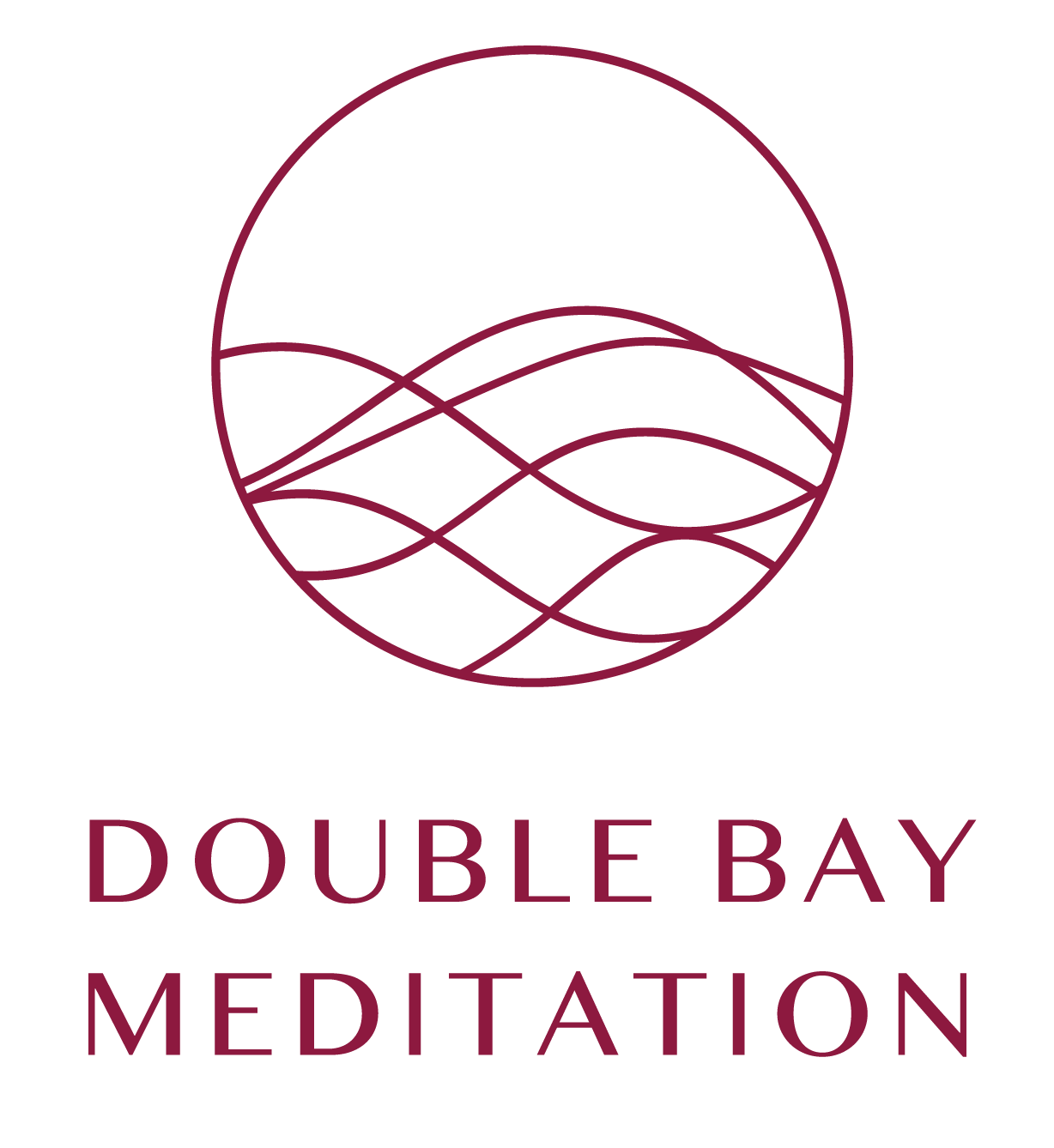There are two kinds of happiness: self-referral & object-referral.
When our sole source of happiness involves our dependency on "objects" (that is, "non-self"; for example, "a loveable other" behaving ideally for us) then that is object-referral happiness. Our happiness becomes dependent on another person behaving according to rather strict relating guidelines. The guidelines are designed to achieve zero deviation from the behavioural formula that has manifested some degree of happiness for us. We do not want change, because change threatens our access to happiness.
The problem with all this begins in two areas (and rapidly engulfs the whole of life):
1) no thing or person is designed to sustain non-change or non-variation from a formula that merely brings happiness to another; evolution enforces progressive change,
and
2) it is an unsustainable living technique to source our personal inner experience in another, to make them responsible for what we are experiencing. Attempts to do this will turn one into a control fanatic, attracting destruction to that method of relating.
The behaviour of another is neither the source of one’s happiness nor the source of one’s suffering. “Others" are not responsible for our internal experience.
Self-referral happiness is the true fulfilment that comes from the mind incorporating the inner bliss of Being into our conscious daily experience. Self-referral happiness allows us to have adaptive responses to demands (changes of expectation) and find within ourselves solutions to life's challenges.
In the words of Maharishi Mahesh Yogi:
“A strong mind is tolerant; a weak mind is easily overcome by the surroundings. If one doubts another's behaviour, one will continue to have doubts even if he expresses love & joy when one meets him, because the doubts were present before the conversation started. So a doubting or unkind mind fails to enjoy even the joyfulness and sincerity of the prevailing surroundings.
To improve relationships we must first improve our own minds and then we shall begin to behave well. Surroundings respond to us best if we are grounded in the art of Being, which is the technique that places our lives on a high level so that we naturally and innocently behave well in harmony and joyfulness.
Contact with Being (through meditation) not only improves and satisfies the individual life but improves the atmosphere, increases harmony and reduces fear, hatred, tension, cruelty, and antagonism. When Being is infused into the minds of individuals, social relationships improve in the most automatic and natural way, great harmony is produced in the atmosphere.”
With love,
Limor





















